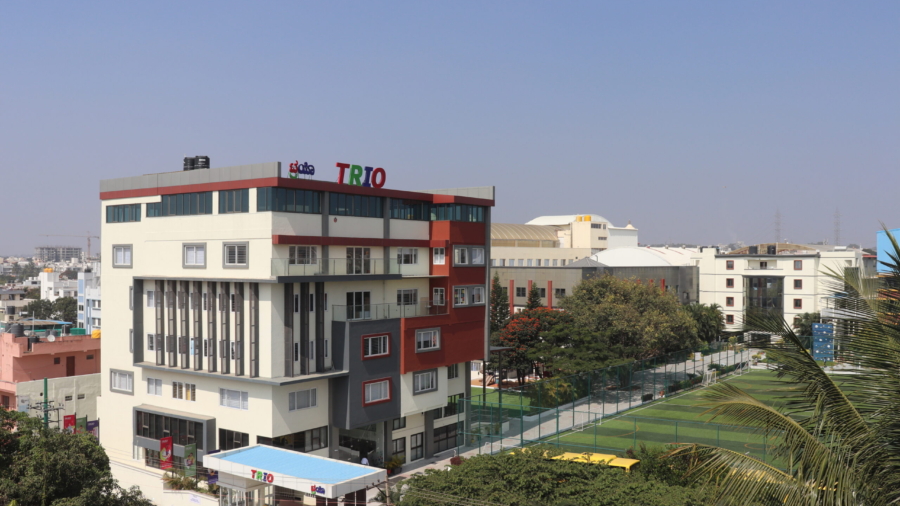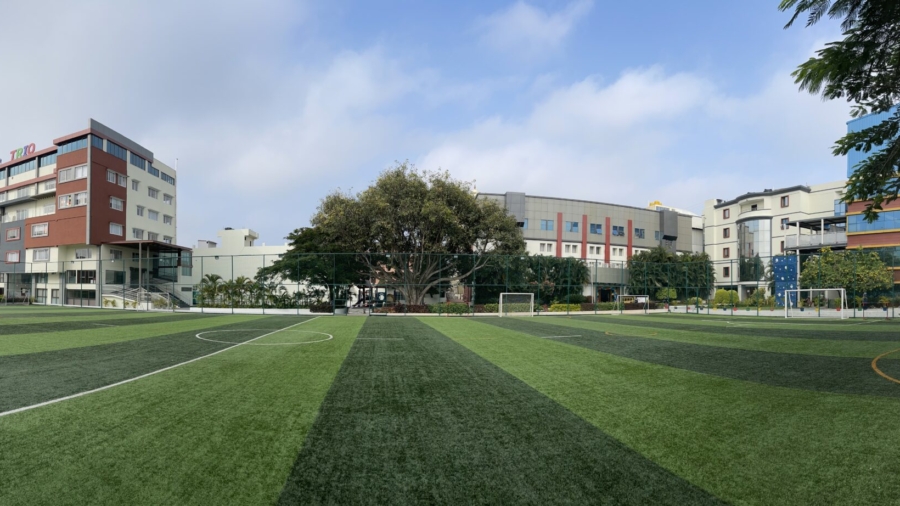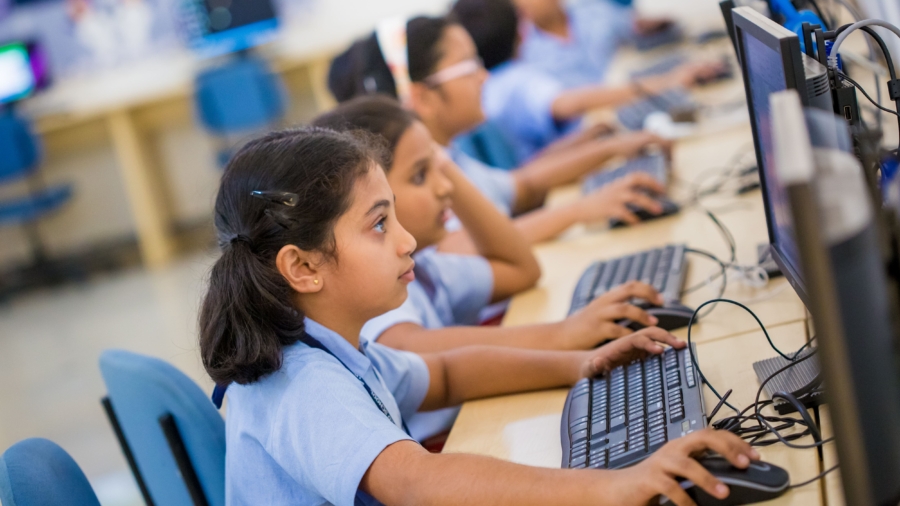ICSE School Admission
The Indian Certificate of Secondary Education, popularly known as the ICSE is a respected and sought out curriculum among families living in India and even those living abroad. The ICSE (Grade X) and Indian School Certificate (ISC) exams (Grade XII) are conducted by the Council for the Indian School Certificate Examinations (CISCE).
ICSE School admission
The ICSE admission process begins with shortlisting a list of potential schools. Most schools follow a similar process of application. Schools have a set of criteria that the child would have to meet in terms of age, aptitude, and attitude, so that they can be admitted into the appropriate class.
It is recommended that you take up the option, if a school offers a guided tour or a campus visit, where you can get a sense of the school’s atmosphere, culture, teachers, staff, classroom spaces, infrastructure and facilities. This will also give you an opportunity to review if the school has COVID safety protocols firmly in place.
ICSE school admission process
How to apply:
- There may be many ways to reach out to a school. So, pick one which is most convenient to you: Phone / WhatsApp inquiry, online inquiry or an in-person visit. The school will get in touch with you after you have provided the requisite contact information.
- A good ICSE school will offer plenty of support to you through the often-stressful admission procedure. Check if you could reach out to the admissions team / coordinator for more guidance during the process
- You would be asked to fill out forms with details about your child’s age, your own details, address, any previous schooling experience / scores, class to which they need to be admitted to, academic achievements.
- Sharing any specific behavioral or scholastic challenges they might face should be ideally shared with the school. The school must ethically keep this kind of information confidential and be able to create a supportive atmosphere for your child based on their unique needs, to help them flourish.
- Certain schools and grades might require an admission test / interviews with the child and/or parents to help gain a better understanding of the child.
- The school will then reach out to the parents in case vacancy is available for the child and will be asked to complete the post-admission formalities.
- This will include submission of IDs, TCs and other relevant documents and payment of fees.
ICSE School age criteria
The age requirements for admission into the relevant grades in ICSE are as given below:
SCHOOL LEVEL | Grade / Standard | Age Criteria |
PRE-PRIMARY | Playgroup | 02-03 years |
Nursery | 03-04 years | |
Kindergarten 1 | 04-05 years | |
Kindergarten 2 | 05-06 years | |
PRIMARY | CLASS I | 06-07 years |
CLASS II | 07-08 years | |
CLASS III | 08-09 years | |
CLASS IV | 09-10 years | |
MIDDLE | CLASS V | 10-11 years |
CLASS VI | 11-12 years | |
CLASS VII | 12-13 years | |
HIGH | CLASS VIII | 13-14 years |
CLASS IX | 14-15 years | |
CLASS X | 15-16 years | |
CLASS XI | 16-17 years | |
CLASS XII | 17-18 years |




